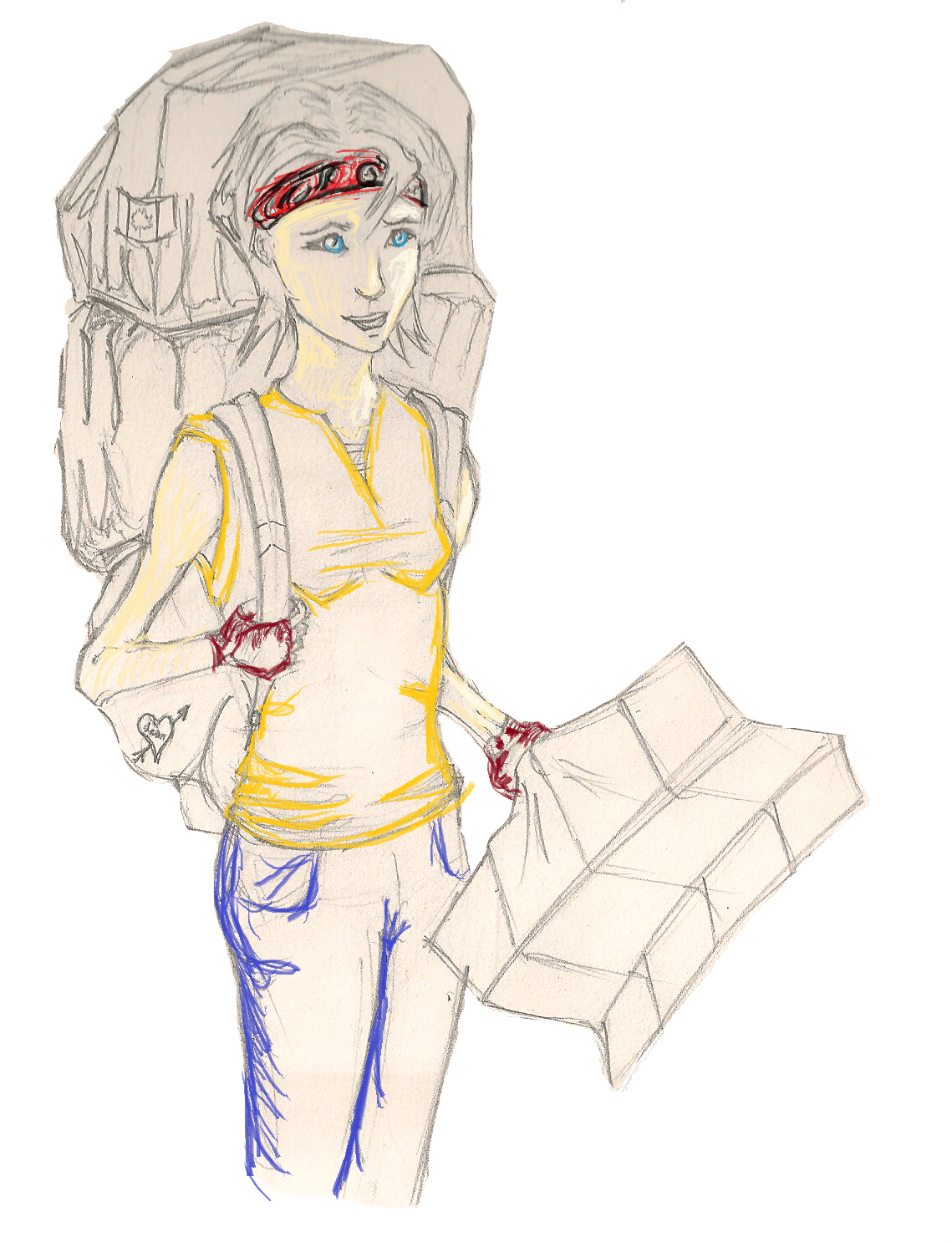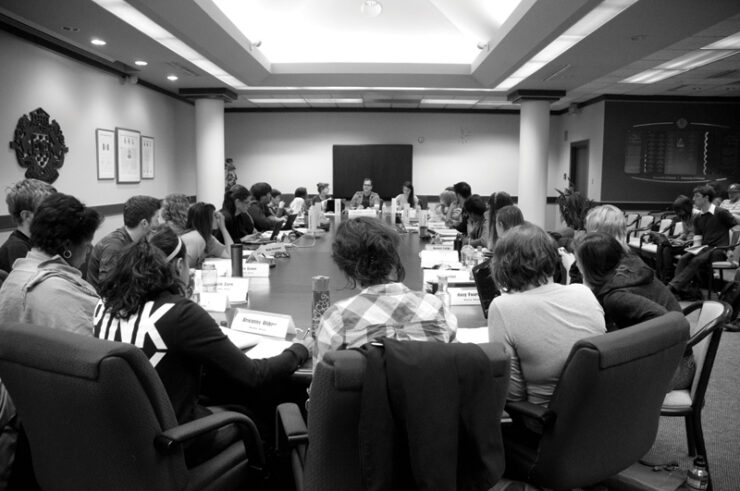 WITH MIDTERMS OVER and final papers looming, it’s the time of year when students begin looking forward to summer break. While some choose to work, study, or volunteer, others opt for a season of travel. The task of setting up a travel schedule in a new place may seem daunting, but it is definitely manageable with the right resources and planning.
WITH MIDTERMS OVER and final papers looming, it’s the time of year when students begin looking forward to summer break. While some choose to work, study, or volunteer, others opt for a season of travel. The task of setting up a travel schedule in a new place may seem daunting, but it is definitely manageable with the right resources and planning.
“What’s very important is to have a plan, day by day what they’re doing,” says Gabriela Merritt, the manager of Travel CUTS at the University of Ottawa. “Some students think they can take a few weeks and go through Europe and see eight countries, but it’s hard sometimes.”
Instead of setting out on one’s own with a passport and some cash, Merritt stresses the importance of tapping into the knowledge of others, like her travel agency, before going on a new adventure.
“We provide everything: We have special prices for students, we have airfare, we have tours, we have insurance, we have car rentals, and all-inclusives,” states Merritt. “We issue ISIC cards as well—everything related to travel.”
After speaking with friends, family, or an agency that specializes in travel to begin to map out one’s summer plans, two main things to keep in mind are finances and safety.
“[Students] have to see the average night in a hostel, plus the meals per day, so they know their budget and so they don’t run out of money,” says Merritt. “Another thing is it’s good to pay [for] your hostel one, two, or three nights at the beginning [of your trip], because sometimes if you don’t book a hostel you have to look around and it’s not the cheapest.”
Safety-wise, students need to consider things like travelling in groups and keeping photocopies of their documents.
“First, they always have to go with somebody else, especially females—they have to get together with another person,” says Merritt. “Don’t make new friends with people right away that you don’t know. Always be cautious and keep your documents [and] a photocopy of your passport in another place in case someone steals your backpack or purse. [You’ll] have a backup and can go to the closest Canadian embassy.”
Additionally, people need to be very careful with their money when in a new and unknown place.
“Travel cheques are not used anymore, so sometimes there’s a debit machine. Don’t carry too much money with you—it’s not always a good idea,” explains Merritt. “Don’t keep your PINs with you, as we had a couple of clients who made the mistake of keeping their PINs of their credit or debit card with them [and when] they arrived in Europe they had everything stolen.”
It is for reasons like this that travellers insurance is often purchased. Merritt notes that while a lot of planning is required, travelling for the summer is definitely a viable option for students, and with proper help, trips can be surprisingly affordable, and offer many benefits.
“Travelling gives [students] more knowledge of the world and they want a break. Now’s the time when they’re the most social. They have friends and they want to be in different places.”
—Keeton Wilcock





